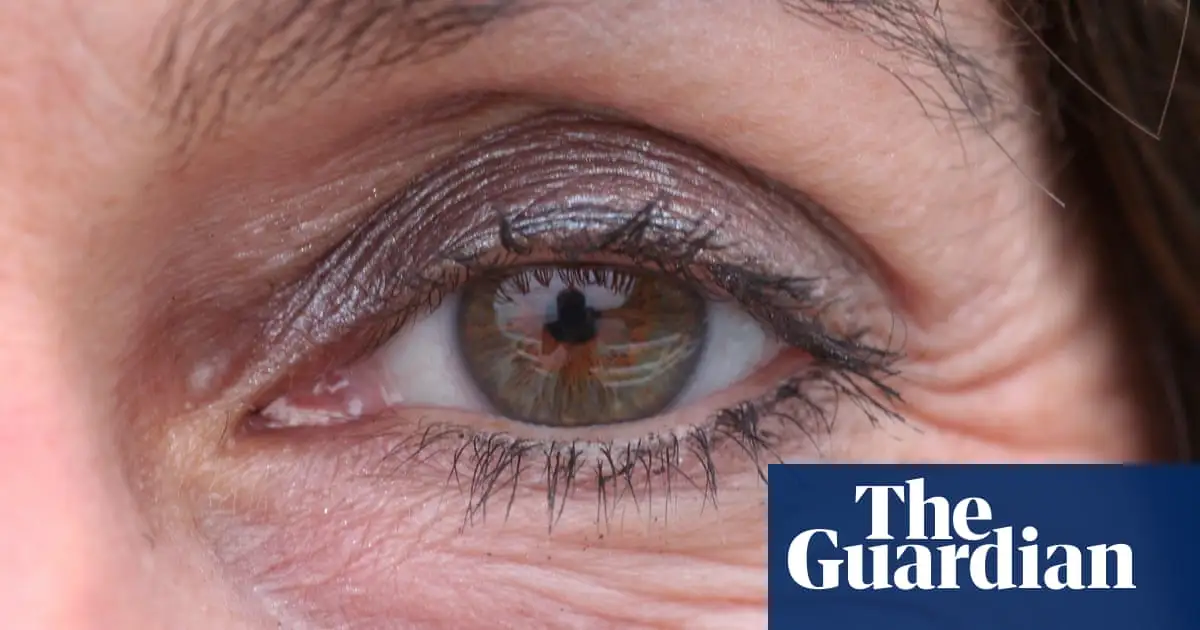cross-posted from: https://lemmy.world/post/18671978
If you have noticed a sudden accumulation of wrinkles, aches and pains or a general sensation of having grown older almost overnight, there may be a scientific explanation. Research suggests that rather than being a slow and steady process, aging occurs in at least two accelerated bursts.
The study, which tracked thousands of different molecules in people aged 25 to 75, detected two major waves of age-related changes at around ages 44 and again at 60. The findings could explain why spikes in certain health issues including musculoskeletal problems and cardiovascular disease occur at certain ages.
“We’re not just changing gradually over time. There are some really dramatic changes,” said Prof Michael Snyder, a geneticist and director of the Center for Genomics and Personalized Medicine at Stanford University and senior author of the study.
“It turns out the mid-40s is a time of dramatic change, as is the early 60s – and that’s true no matter what class of molecules you look at.”
…



Oh cool, on the cusp of some dramatic aging. Getting old sucks. We should go back to the time when we all died at an early age. Civilization was a mistake.
There was no time where we just died at an early age. The life span of humans has not changed, Cicero’s wife Terentia lived over 100 years . History has a low life expectancy because you were more likely to die from something else than old age.
If by going back to the time where you died of plague you can just be anti modern medicine and get the same authentic experience.
Also the infant mortality rate was very high for most of human history, reducing the average age of death considerably.
deleted by creator
The life expectancy can reach 88 at Loma Linda.